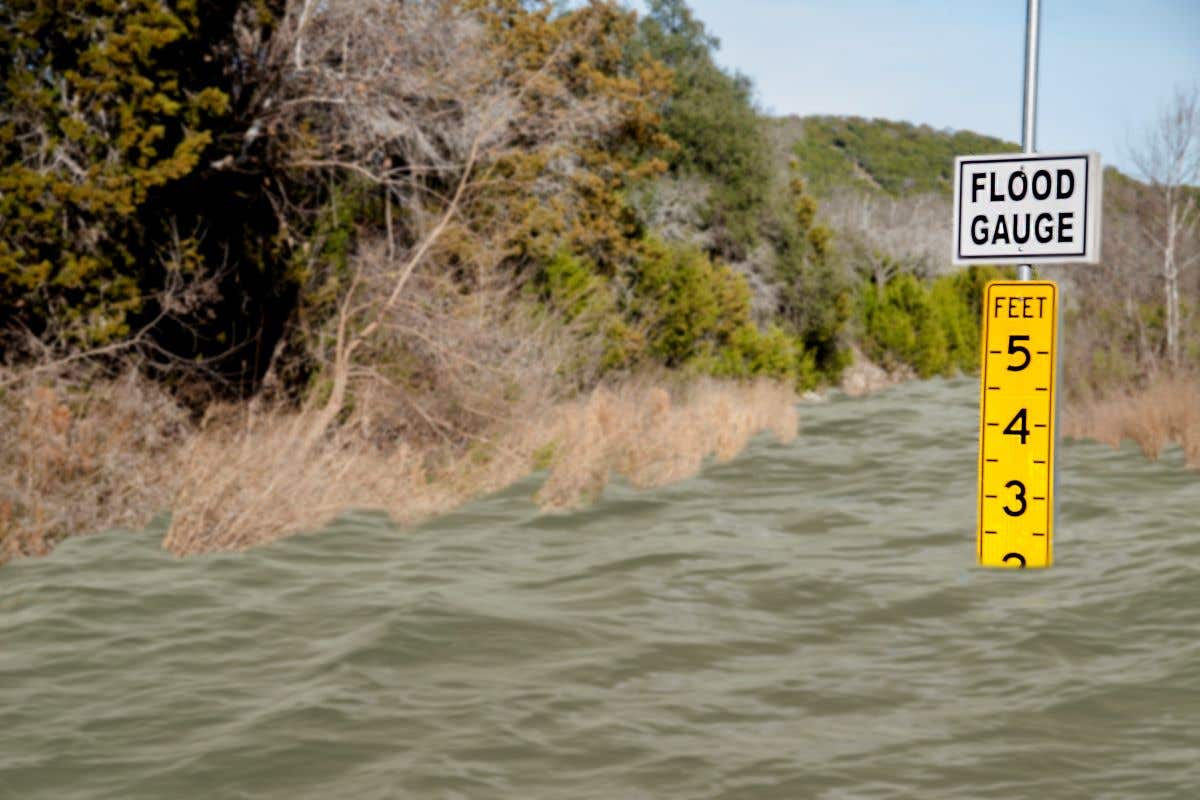A document that describes your home’s vulnerability to floods that an insurer may use when calculating flood insurance premiums
What is an elevation certificate?
A flood elevation certificate is a document that provides a detailed description of how vulnerable your home is to flooding. It assesses the future risk of your home being affected by a flood by examining, in detail, your property’s:
When implemented, the information in a flood elevation certificate helps the National Flood Insurance Program (NFIP), some private flood insurers, and mortgage lenders determine how likely your home is to be damaged by flood waters. The NFIP and flood insurance companies use your risk level as described in your certificate to determine your flood insurance premium.
The certificate contributes to determining your flood insurance premium by estimating the likelihood that rising floodwaters will reach the lowest floor of your home. By providing a more complete picture of your property's situation, you ideally receive a flood insurance premium that more accurately reflects your actual risk, and that could potentially lower your premiums if the data is in your favor.
Flood elevation certificates are issued by the NFIP, the flood insurance program managed by the Federal Emergency Management Administration (FEMA). An elevation certificate documents the following important information about your property:
-
Location and flood zone: The NFIP has named different flood zones and designates whether or not your home is in a high-risk zone.
-
Building characteristics: The document notes the features of your property and all of its building characteristics.
-
Lowest floor elevation: The lowest floor of your property is typically the most vulnerable to flooding. Depending on your type of home, this may include your basement or garage.
The lowest floor elevation is the most important factor affecting your flood insurance premium because it’s compared to the base flood elevation (BFE), as designated by the NFIP, for your location. The BFE is the elevation at which there is an estimated one percent chance of floodwaters reaching in any given year. The further above the BFE your lowest floor is, the less risk you have for flood damage.
When do you need a flood elevation certificate?
Your mortgage lender or insurance company will inform you if you must obtain a flood elevation certificate. You’ll likely need one if:
-
Your home is located in a FEMA-designated Special Flood Hazard Area.
-
You’re buying an NFIP flood insurance policy.
-
Your mortgage is from a federally regulated or insured lender.
Even if you aren’t required to get a flood elevation certificate, you might still want to consider obtaining one. The elevation certificate provides valuable information about your property that could help to lower your flood insurance premium.
If you purchase private flood insurance instead of an NFIP policy, you may not need an elevation certificate, even in high-risk areas. Kin does not require a flood elevation certificate to purchase flood insurance.
How to get a flood elevation certificate
First, find out if a flood elevation certificate for your property already exists. It can save you the cost of obtaining one from scratch. Your local floodplain manager, the seller of your property, or the builder or developer of your property may have your flood elevation certificate, if it exists, on file. You may even find an existing certificate is included with the deed to your property.
Once you’ve decided that there isn’t an elevation certificate for your home, you can turn to a certified engineer, a state-licensed surveyor, or a certified architect to prepare your document. Whoever prepares your elevation certificate has to be certified to provide these services because it requires specialized training.
How much does a flood elevation certificate cost?
The cost of obtaining a flood elevation certificate from a certified professional can vary widely depending on a variety of factors, including:
-
The rates charged by the individual engineer, surveyor, or architect.
-
The building’s structural details, such as whether it has a basement or crawlspace, and the extra time it will take to survey these areas.
-
The home’s location, particularly if it is difficult to access or if GPS doesn’t function properly in the area. Surveyors often rely on GPS data as part of the certification process.
-
The building’s occupancy type, mainly if it is a residential or commercial building. Residential buildings are less complicated than commercial buildings, so getting an elevation certificate is often less expensive for a residential building.
-
The turnaround time you need for your certificate can increase how much it costs to prepare. Taking accurate measurements takes time, and requiring a shorter-than-normal turnaround can cost you more.
With these factors in mind, obtaining a flood elevation certificate might cost anywhere from $200 to several thousand dollars.

